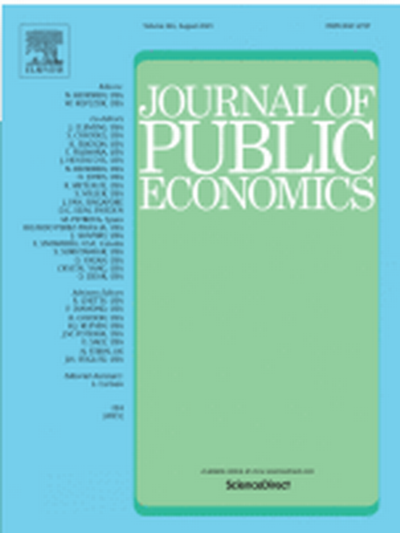Can national identity be built on local democracy?
In Ethiopia, with 85% of the population in agriculture, most of them illiterate, democratisation has to work against adverse experience: Peasants can refer back to democratic traditions on local level. But their experience with state authorities for the last 20 and even 100 years is only negative. They had to accept that authority means the power to enforce anything on the people. They are used to obey, if only to avoid severe punishment. However, democratic practice can not be introduced from above: Local as well as central authorities will always respect only as much democracy as the people demand and enforce upon them. A teaching programme in rural Ethiopia is described, which tries to show to local people that they have democratic rights and that they have to put them into practice by living them and by demanding them from their superiors.


